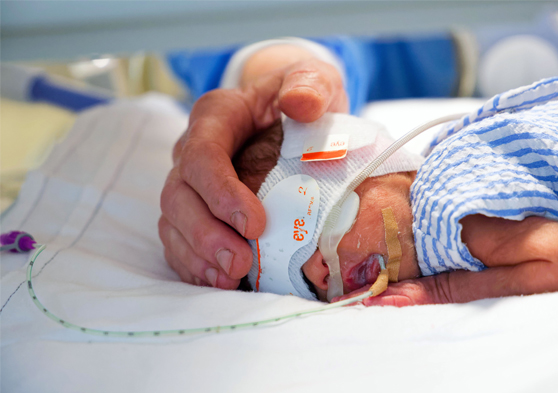Search
Research
Building social and emotional wellbeing through the artsThe ‘Building Social and Emotional Wellbeing Through the Arts Project’ was funded in 2021 by Healthway and supported through a partnership between The Kids Research Institute Australia and Edith Cowan University (ECU).
Research
Burden of rheumatic heart disease (RHD) and impact of prevention strategies: comprehensive evidence to drive the RHD EndgameThis project will use a multi-jurisdictional linked RHD dataset to establish a baseline burden of RHD in Australia to allow for monitoring the impact of burden over time, and to form the basis of clearly defined targets for the END RHD CRE Endgame Strategy.
Research
Bush Tucker and Vitamin DThis five-year project in Western Australia (WA) aims to promote vitamin D sufficiency among Aboriginal people by developing food-based dietary strategies to increase vitamin D intakes and by encouraging safe sun exposure.
Research
Causal Impact of COVID-19 Lockdowns on the Mental Health of Australian ChildrenThis project investigates the prevalence, risk factors, and causal impact of COVID-19 lockdowns on mental health disorders, self-harm, and suicide among Australian children.
Research
Characterising moment-to-moment fluctuation in stress, anxiety and blood glucose levels in adolescents with type 1 diabetesKeely Tim Liz Bebbington Jones Davis MClinPsych/PhD MBBS DCH FRACP MD MBBS FRACP PhD McCusker Postdoctoral Research Fellow in Type 1 Diabetes Co-head
Research
Characterising the epidemiology of RSV in Australian children through record linkage: clinical burden, outcomes and risk factorsHannah Peter Moore Richmond OAM BSc (Hons) GradDipClinEpi PhD MBBS MRCP(UK) FRACP Head, Infectious Diseases Research Head, Vaccine Trials Group 08
Research
Chemical analysis of new and “aged” e-liquids: Development of a rapid toxicological screening approachAlexander Larcombe BScEnv (Hons) PhD Honorary Research Fellow Honorary Research Fellow Associate Professor Alexander Larcombe began work at The Kids

Meet the team behind the CIRCA DIEM study.

A sub-study is an ‘add-on’ study that helps to answer specific questions within a larger research project. If you decide to participate in the CIRCA DIEM study, you or your child may be invited to take part in one of the CIRCA DIEM sub-studies.
